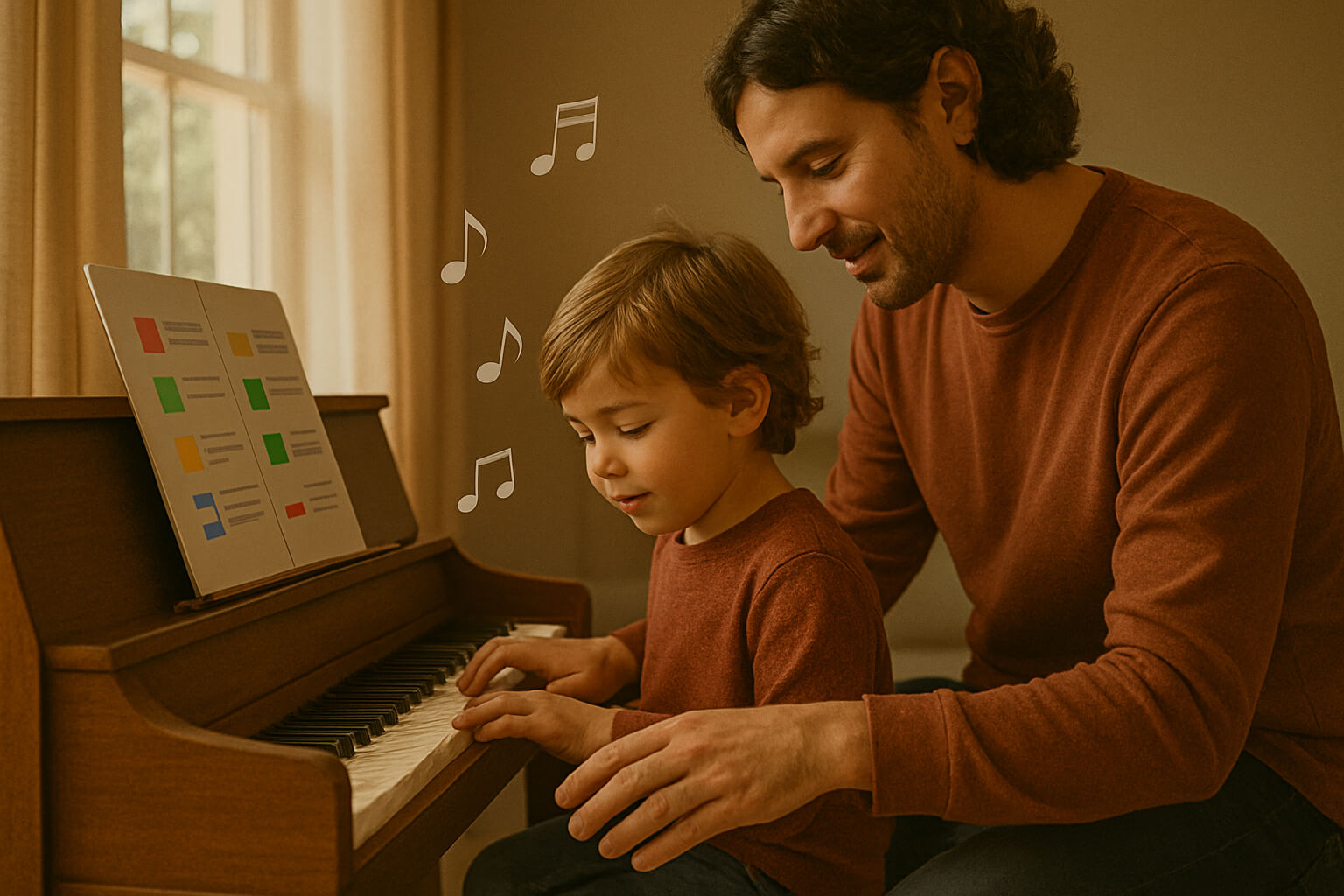August 07, 2025

One of the most common questions parents and aspiring musicians ask is:
"When is the right age to start music lessons?"
The short answer is—it depends. While many believe early childhood is ideal, others successfully start as teenagers or even adults. This article explores the science, psychology, and practical considerations behind the best age to start music lessons, and includes expert insights and references to help you decide.
Age can influence how quickly someone picks up an instrument, but it’s not the only factor. Cognitive development, motor skills, emotional maturity, and motivation all play major roles. Let’s break it down:
At this stage, children are highly receptive to sound, rhythm, and melody. Many experts recommend starting with general music exposure rather than formal lessons. Programs like Kindermusik or Suzuki violin training often focus on ear training, rhythm games, and movement.
This is considered a sweet spot for starting music lessons. By this age, children have:
According to guide on music reading, children around 7–9 can start reading notes and understanding rhythmic structures effectively.
Preteens and teens have the cognitive capacity to grasp music theory, practice more independently, and make decisions about musical genres or goals.
This is also a great age to start digital production using tools like DAWs (Digital Audio Workstations). Check out this helpful breakdown:
Digital Audio Workstations Explained
Many believe they’ve “missed the boat” if they didn’t start young, but the truth is—motivation trumps age.
According to article on breaking through plateaus, adult learners often progress faster due to stronger focus, self-discipline, and clearly defined goals.
There’s no universally "perfect" age to start music lessons. The right age is the one where the learner is ready, motivated, and supported.
Whether you’re a parent introducing your child to music or an adult pursuing a lifelong dream—it’s never too early or too late to begin.
🎧 "The best time to plant a tree was 20 years ago. The second-best time is now." – Chinese Proverb
Stay up to date with the latest tips, expert insights, product reviews, and step-by-step guides to help you grow, create, and succeed—no matter your industry or passion.